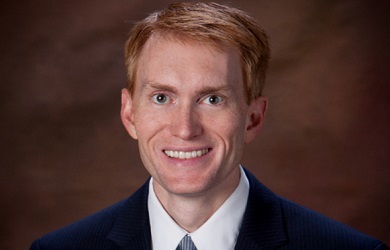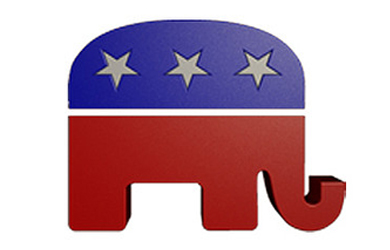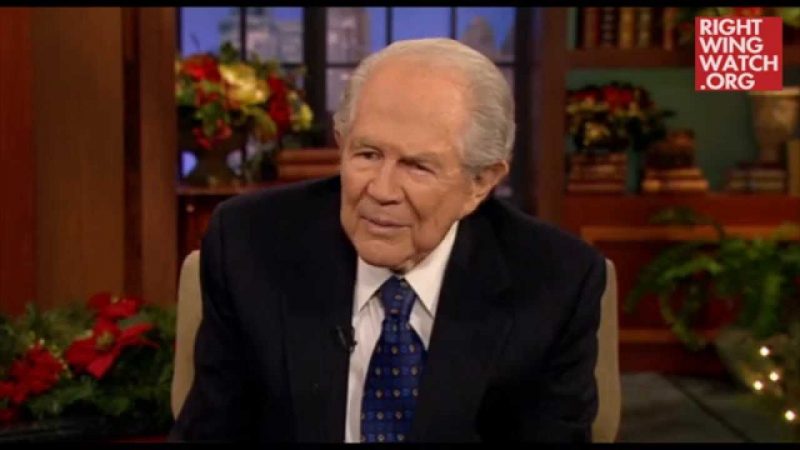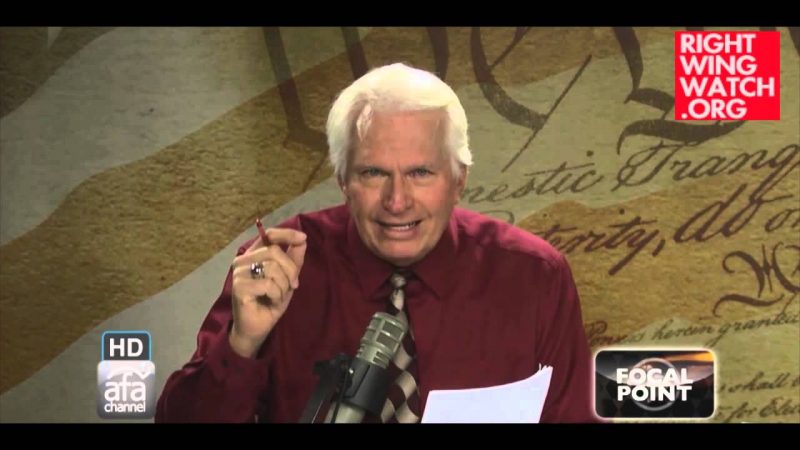Earlier this week we noted that Rep. Randy Forbes had been a guest on James Dobson’s new radio program where he unveiled his plan to create a series of state-level “prayer caucuses” that would monitor legislation, court rulings, and elected officials and mobilize activists to fight them.
The latest issue of World Magazine profiles Forbes and his Congressional Prayer Caucus and reports that he has already created one state-level caucus in Mississippi, with others in Virginia and Florida coming soon:
Forbes says anti-faith groups have raised vast sums of money to pick fights with religious organizations. “For decades now people of faith have said, ‘We are just working our own ministries, and we are going to wait and play defense when they come after us.’ Our strategy is different. We think we need to push back.”
To do so Forbes set up the nonprofit Congressional Prayer Caucus Foundation to raise both awareness and money. The foundation’s website, which asks churches and individuals to sign up to pray for the nation on a “digital prayer wall,” also offers $5,000 annual memberships to a club called the “300”—a reference to Gideon’s army in Judges.
The money funds Forbes’ signature strategy: franchising out the Congressional Prayer Caucus concept to state legislatures.
Mississippi became the first state to partner with the caucus. Mississippi’s GOP Lt. Gov. Phil Bryant spearheaded the effort after Forbes visited his office in February. At that meeting Forbes enticed Bryant by telling him Mississippi could help spread the movement around the country. “I immediately accepted the challenge because Mississippi is one of the most religious states in the nation,” Bryant told me.
On April 22, a bipartisan group of more than three dozen Mississippi lawmakers crowded onto steps inside the state Capitol for a press conference on prayer. To make it official the state legislature even put it to a vote, unanimously passing in both the House and Senate a resolution that formed the state caucus. Next year a Senate Republican will lead the weekly prayer group while a House Democrat will take over in 2012.
Legislatures in Virginia and Florida are at work on similar partnerships.
It is through these state groups that Forbes hopes to change the debate over religion in public life. Many of the nation’s legislatures already have prayer groups, but Forbes wants to bring them together into a nationwide network that tracks threats against religion. The D.C. caucus would serve as the clearinghouse where policy makers formulate and coordinate strategies.
“Here is the new world, if you send 100 lobbyists against us, we send two and a half million emails raising this issue,” said Forbes. “Do you really want to fight that battle?”








